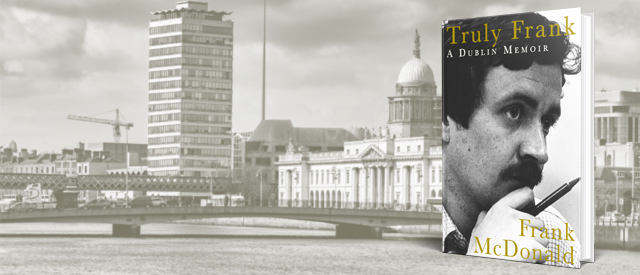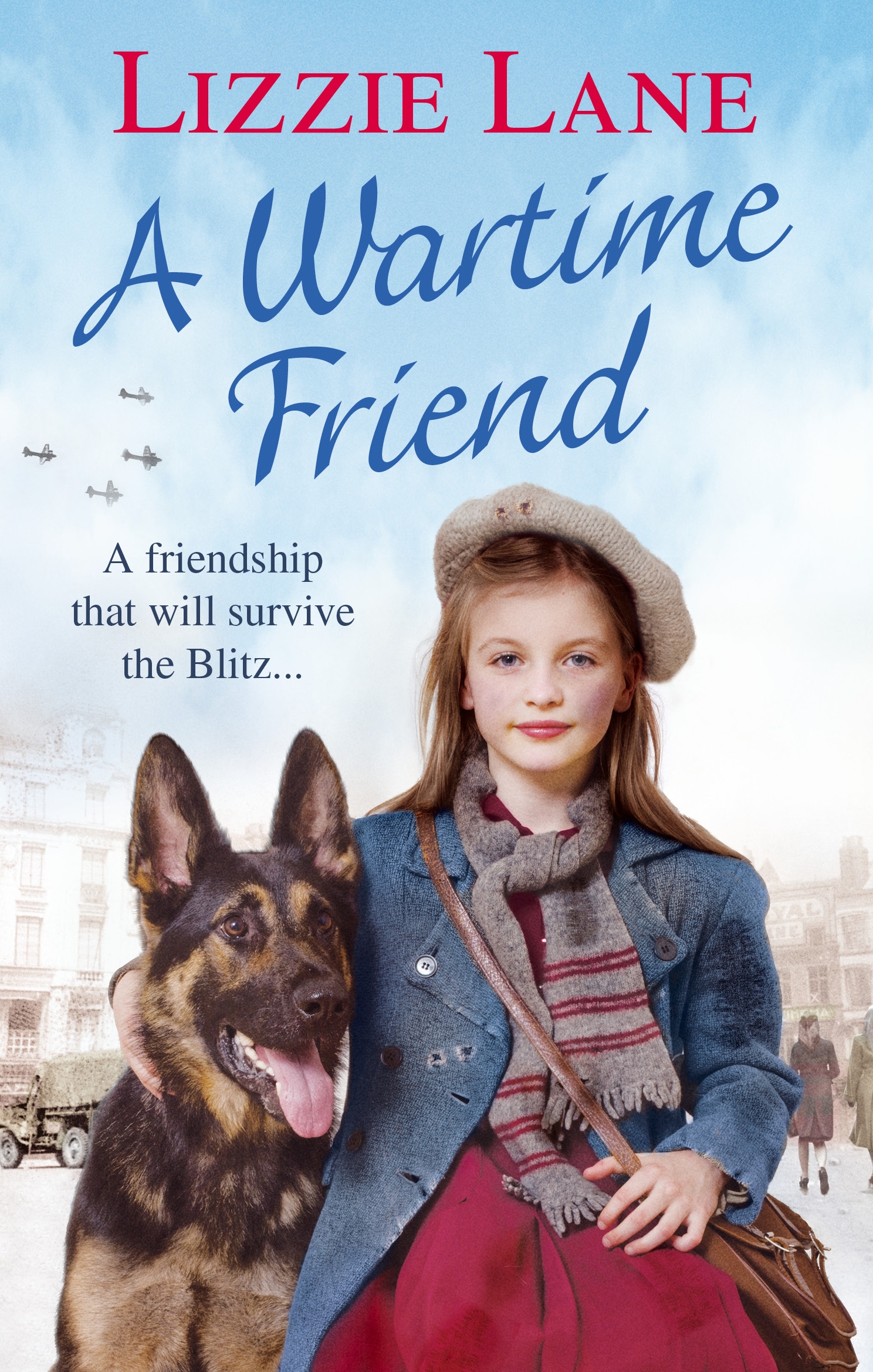- Home |
- Search Results |
- Truly Frank by Frank McDonald

On Saturday 23 May 2015, I was sitting out on the roof terrace of our apartment building in Temple Bar, overlooked only by the Central Bank of Ireland. The sun was shining and, from a few hundred metres away, I could hear waves of clapping and cheering from a large and delighted crowd in the courtyard of Dublin Castle. Later on, after it was announced that the Irish people had voted over-whelmingly in a referendum to give same-sex couples the right to marry, there was the almost constant honking of car horns as the city centre turned delirious in celebrating a momentous event that provided extraordinary evidence of just how profoundly Ireland had changed.
It was only a few miles, but a much longer cultural journey, from where I had grown up in Dublin 7, in a devoutly Catholic home, with a holy-water font in the hall, a framed papal blessing above the mantelpiece, a small statue of the Child of Prague in the breakfast room, and a picture of the Sacred Heart in our parents’ bedroom.
Of course, the influence of the Catholic Church was in every bedroom in Ireland in an even more powerful way. The State had prohibited the sale of contraceptives for many years, because the Church said it was wrong. There was no divorce in Ireland until 1996, because that was contrary to Catholic teaching too. And as for homosexual acts, until 1993 they remained crimes punishable by imprisonment, because they were seen by the Church as deeply sinful and – in Victorian language matching the era from which the law dated – an abomination. For people of my generation, it was clear from a young age that when it came to sex, who did what to whom, and how they did it, were matters of deep concern to the Church and, if you got it wrong, you could end up in jail, and ultimately in Hell.
With me on that glorious May day, listening to the sound of change, was my life partner Eamon Slater. When we first met nearly four decades earlier, we had carefully concealed our attachment to each other in public. Friends of ours recently remarked on something I had never noticed – that old photos of us as a young couple, looking happy, were mostly taken on holidays abroad or within the four walls of our previous home in Harold’s Cross. If you were gay in Ireland during the 1960s, ’70s and ’80s, you ducked and dived, you lied and covered up. (No more! Eamon and I got married a year after the referendum and had a large and joyful reception in the National Botanic Gardens.)
The popular vote for marriage equality in Ireland was one of the most personally significant and important signals of change in my lifetime – a huge milestone in a journey towards a very different, more secular society. By then, Ireland had changed in other dramatic ways. We grew out of an acceptance that economic stagnation and failure were natural states for us. Political corruption, deeply embedded in public life – and obvious to me from when I started working as a journalist – had been exposed and its occurrence reduced substantially. And on an issue close to my heart, Dublin’s architectural heritage, particularly its stock of Georgian and Victorian buildings, a post-colonial contempt had been replaced by some respect and appreciation. (What’s now in danger, as never before, is the city’s modernist legacy, epitomized by the iconic – now former – Central Bank.) I firmly believe that all this change – sometimes imperceptible, sometimes radical – has made Ireland a much better country for all of us.
This is my story. I have tried to tell the truth in so far as I can. Doing so involves a degree of exposure – perhaps an indecent degree. Although, as a journalist, I have never shied away from revealing what I believe to be true, revisiting my life and times has been as challenging as it has been therapeutic and even enjoyable. But in this context, I recall what John Butler, director of the gay ‘coming- of-age’ film Handsome Devil, told the Irish Times: ‘I think for any art to be good you have to feel extraordinarily vulnerable having made it. If . . . you’re not incredibly nervous about what you’re exposing to the world, then you haven’t done anything of value.’
